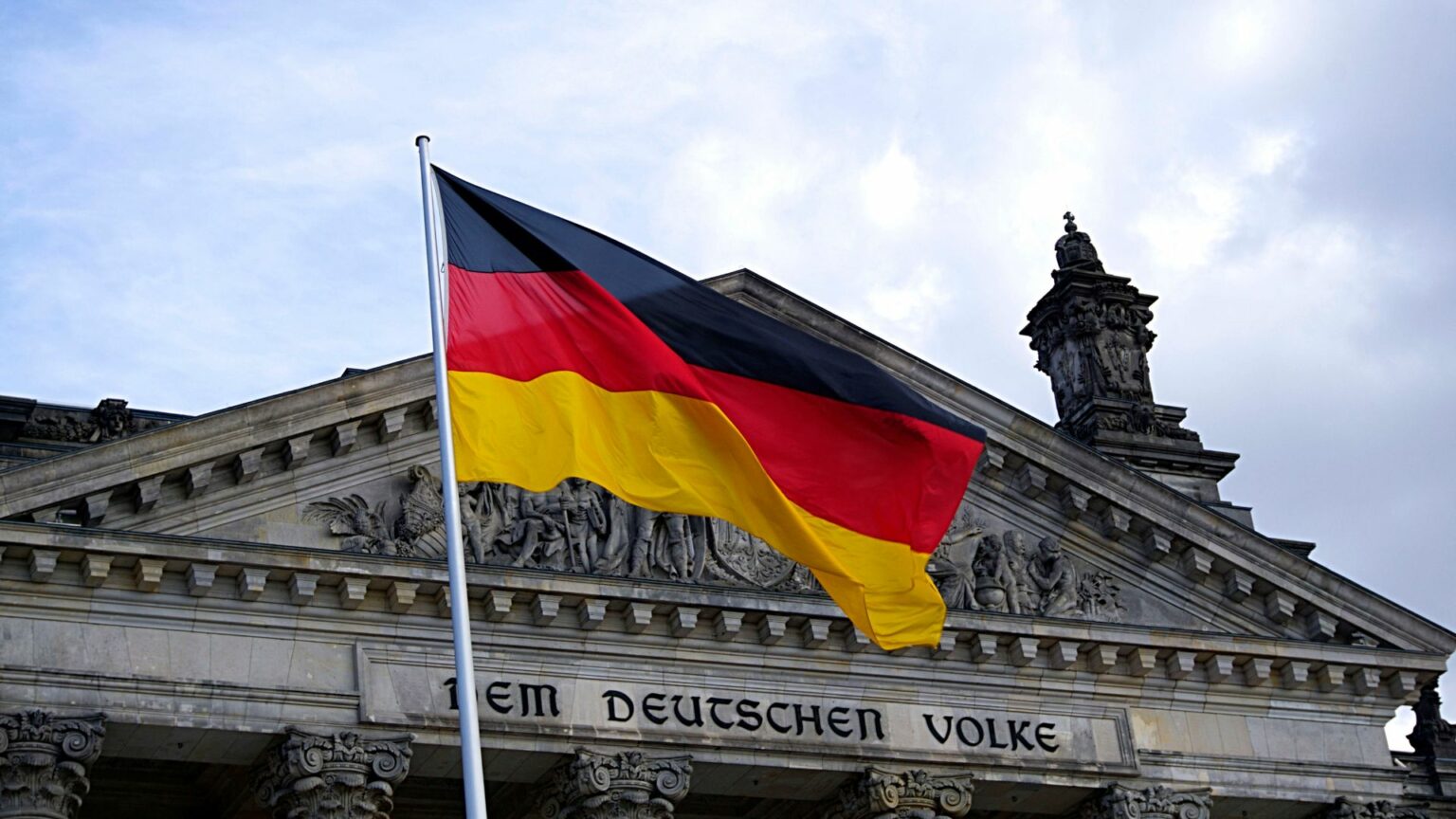In a recent letter to EU Commissioner Kadri Simson, German Minister Robert Habeck raised significant concerns regarding the Renewable Fuels of Non-Biological Origin (RFNBO) Delegated Act.
Despite Germany’s strong push towards green hydrogen, the current market for hydrogen is not progressing as expected, largely due to the rigid regulatory framework governing its production. This article critically examines Habeck’s proposals and the broader implications for the hydrogen sector in Europe.
Germany has made considerable investments and efforts in advancing hydrogen technology, yet the market is not developing as anticipated. According to Minister Habeck, one of the primary reasons for this is the Delegated Act 2023/1184, which outlines strict guidelines for the production of RFNBOs, particularly green hydrogen produced via electrolysis. While the regulations were intended to foster growth, they have instead raised production costs and discouraged further investment.
Habeck points out that the Act, although the result of long negotiations, increases the cost of producing hydrogen by around €2.40 per kilogram. This added expense creates a substantial hurdle for electrolysis projects, making them economically unviable, particularly in Germany where industrial costs are already high.
Proposed Changes to the Delegated Act
In response to these concerns, Habeck proposed several changes to the RFNBO regulations to reduce costs and make hydrogen production more feasible. These include:
Extending the Phase-in Period for Additionality: Habeck suggests delaying the full implementation of additionality requirements until 2035. This extension would allow more time for renewable energy infrastructure to catch up, reducing the need for costly energy sourcing for electrolysis during the initial years.
Extending the Phase-in for Temporal Correlation: Another recommendation is to extend the temporal correlation phase-in period until December 2030. This would provide producers with more flexibility in aligning hydrogen production with renewable energy availability, without being restricted by time-of-use regulations.
Technical Flexibility for Electrolysers: Habeck emphasizes the need to ensure electrolysers are designed with system flexibility, allowing them to integrate smoothly into the existing energy grid. This would reduce costs and improve their overall efficiency, making green hydrogen production more competitive.
Habeck’s suggestions are aimed at striking a balance between Europe’s ambitious green hydrogen goals and the economic realities faced by producers. The rigid regulatory framework, while essential for ensuring sustainability, may need adjustments to avoid stifling innovation and investment.
A crucial point raised by Habeck is the viability of low-carbon hydrogen. As Germany pushes forward in its energy transition, the cost-effectiveness of hydrogen technologies will be key to their adoption. Without more flexible policies, Europe risks falling behind other global players in the hydrogen race, particularly countries like China and the U.S., which are investing heavily in this sector with more accommodating regulations.
